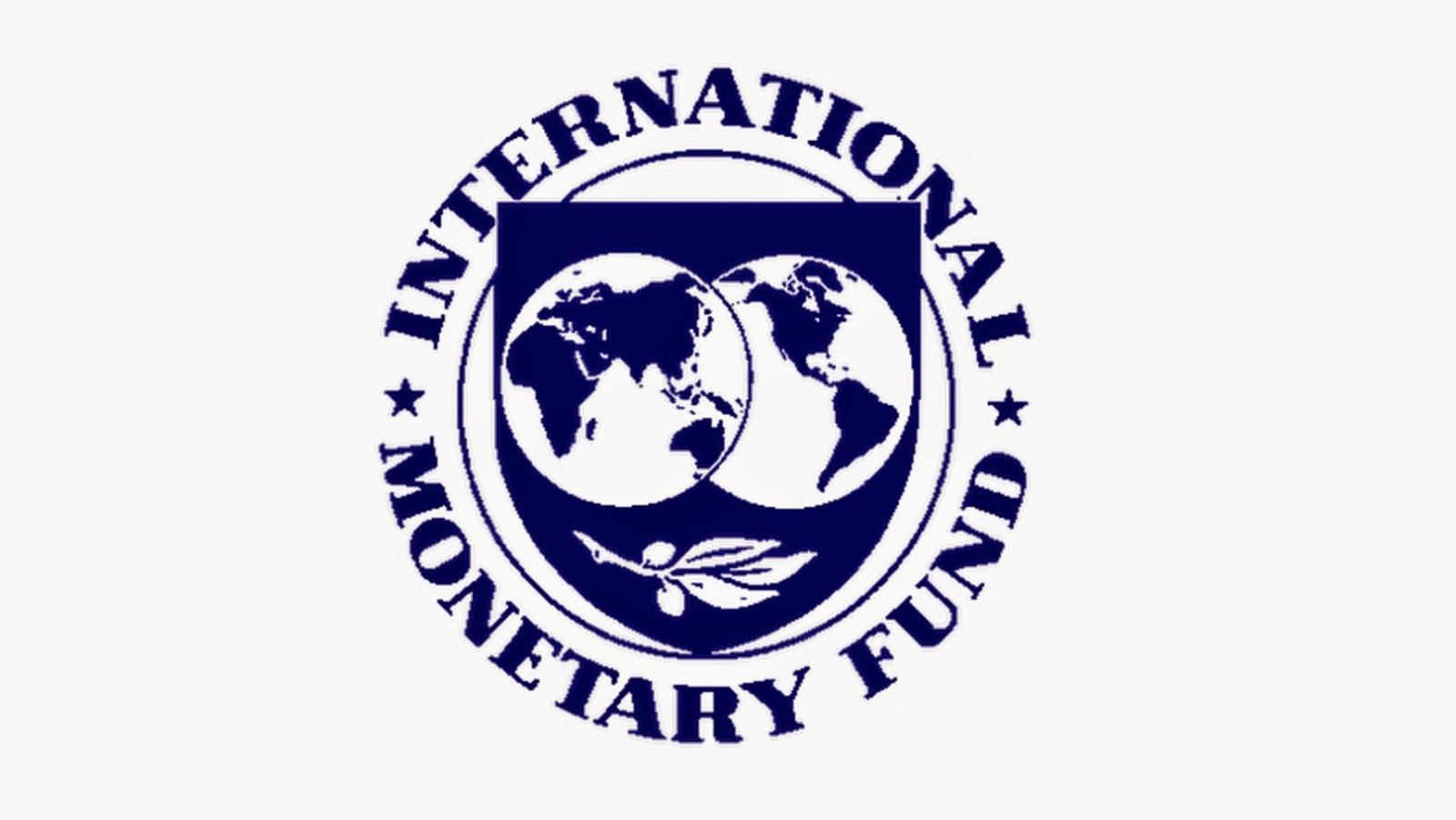Pakistan fell short of IMF goals, according to a report


The International Monetary Fund (IMF) had set 28 requirements for the $1.1 billion tranche, 16 of which Pakistan has utterly failed to meet, including the essential requirement to raise foreign exchange reserves, which have instead become shockingly negative by roughly $11 billion.
According to the combined report of the 7th and 8th programme reviews that the IMF released on Friday, Pakistan"s failure to comply with the conditions forced the international lender to impose eight additional requirements on it in addition to setting new deadlines for completing the actions that were still outstanding.
According to the study, the Pakistan Tehreek-e-Insaf-led administration had a poor track record, giving the international lender ample justification for imposing strict conditions on the resumption of the bailout package.
Due to slipups that happened prior to the coalition administration taking office, some of the requirements that had to be implemented during the final quarter of the fiscal year were not met.
The PML-N-led coalition government was unable to swiftly change course, which would have restored the trust that had been lost with the international lender.
To enable the restart of the delayed programme and the release of the $1.1 billion tranche, the IMF board had to grant a waiver this week.
The nation failed to meet the requirements for boosting its foreign exchange reserves and bringing down the primary budget deficit to a manageable level. Additionally, it was unable to guarantee full Benazir Income Support Program payments, sufficiently support health and education, continue to be unable to pay tax refunds, and limit losses in the power sector.
Days before he was removed from office, former prime minister Imran Khan, who had previously opposed tax amnesty schemes but only while he was not in office, announced another one. The report stated that he also permitted tax exemptions and that his government was unable to advance the reform programme.
According to the study, "overall programme performance has been weak from the completion of the last evaluation (February 2022) and up until recently." According to the report, a number of quantitative requirements were not met, and gaps in the fiscal and structural reform agenda were created as a result of difficult circumstances, such as domestic political unrest and consequences of the war in Ukraine, as well as a "waning decisiveness to push forward agreed reforms."
Pakistan failed to meet key programme requirements, such as limiting net foreign exchange reserves to a minus $4.7 billion by June of this year. According to the report, the nation"s net foreign exchange reserves remained negative by $10.8 billion. This significant error put Pakistan at risk of default because its reserves were at a negative level.
The credibility of the nation has reached an all-time low among foreign creditors and participants. In addition, some IMF executive board members questioned the backtracking during the board meeting on August 29 that had been held to approve the $1.1 billion loan tranche.
Due to budgetary lapses, the requirement to keep the primary budget deficit to $25 billion by June was also broken. Instead, the primary budget deficit was about Rs 2 trillion. The IMF claimed that the deficit and reserve requirements for the end-March quarter were also broken.
Pakistan also failed to comply with the requirements not to implement exchange controls and to discourage the use of multiple currencies. It also failed to satisfy the requirement that there be no import restrictions. After the previous PTI government failed to accumulate enough reserves, the coalition government had to take action to prevent default.
Pakistan also fell short of the requirement to distribute Rs250 billion to BISP recipients and missed the goal by Rs15 billion. It was mandated that the federal and provincial governments spend Rs2.1 trillion on health and education, however the actual amount spent fell by Rs218 billion short of the goal.
The Federal Board of Revenue did not comply with the requirement to stop the buildup of tax refund arrears, adding an additional Rs147 billion to the refunds pool instead.
In the previous fiscal year, the IMF had permitted an increase in the circular debt of Rs166 billion, but the actual rise in the payment arrears in the power sector was Rs536 billion, missing the target by Rs370 billion primarily because delayed tariff adjustments and higher-than-anticipated generation and financial costs. For the time period ending in March 2022, these goals had likewise been missed.
According to the report, Pakistan failed to meet seven of the ten structural benchmarks intended to bring about reforms.
Before being overthrown, the PTI government broke its promise by implementing another another tax amnesty programme. Additionally, it provided a select of its favourites preferential tax status. Additionally, the previous administration missed the deadline for completing the Personal Income Tax bill draught.
Additionally, the government was unable to ensure that the new state-owned enterprise (SOE) law was approved on time. Additionally, it did not create a plan for the gradual elimination of SBP refinance facilities. The previous administration was unable to carry out its promise to recapitalize two failing private sector banks in the first round.
Additionally, it was unable to build up a mechanism for civil officials and anyone holding public office to declare their assets.